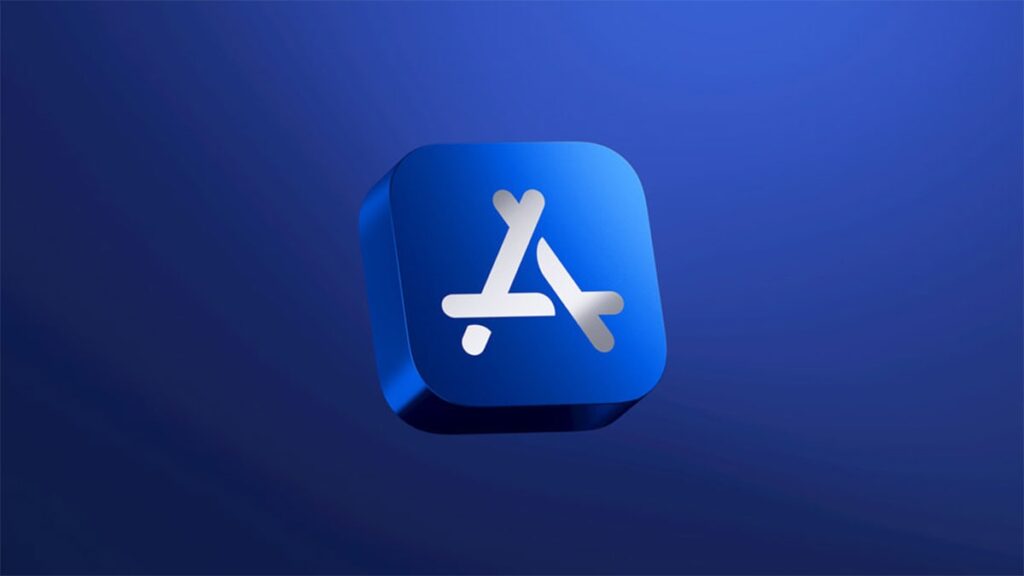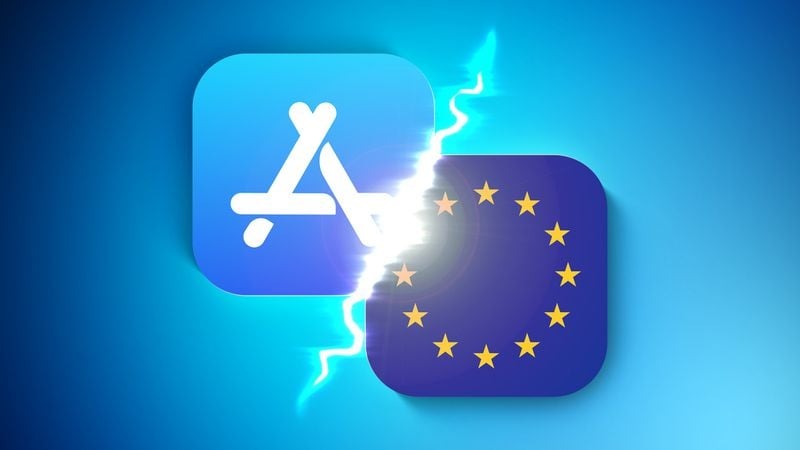Apple has been under increasing pressure from regulatory bodies worldwide to loosen its control over the App Store. In response to this, the European Union has implemented the Digital Markets Act (DMA), which mandates that Apple allows iPhone users to download apps from stores other than the App Store.
Understanding the Changes
This shift marks a significant departure from the norm, where iPhone users were confined to sourcing their apps solely from the App Store. However, while this newfound freedom opens up new avenues for users, there are certain limitations that come with it.
- Travel Restrictions: Users traveling outside the EU will only enjoy a limited “grace period” before they lose access to certain features of alternative app stores. Apple claims it doesn’t track user locations, making it challenging to determine when a user is outside the EU.
- Feature Disparity: Alternative app stores may not offer the same comprehensive features as the App Store. Limitations could include the inability to provide in-app purchases or subscription services.

Additional Considerations
There are several other factors to bear in mind when considering alternative app stores:
- Security Concerns: Unlike the stringent review process employed by Apple, alternative app stores may lack robust safety measures.
- App Selection: The range of apps available on alternative platforms may not match the extensive catalog found on the App Store.
- Account Setup: Users may be required to create a new account to access an alternative app store.
Conclusion
The implementation of the DMA represents a positive stride for iPhone users within the EU, granting them greater autonomy in choosing app sources. However, it’s imperative to weigh the pros and cons of alternative app stores before embracing them fully.
We trust this blog post has provided valuable insights. Should you have any further queries, feel free to reach out.










Add Comment